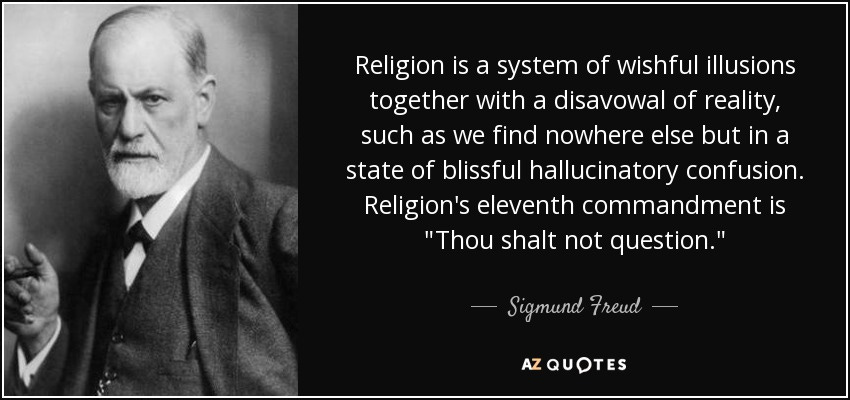Bless the Lord, O my soul;
and all that is within me, bless his holy name!
Bless the Lord, O my soul,
and forget not all his benefits
—Psalm 103—
The Psalms are at the very core of my devotional life, and the life of any Benedictine who follows the twin disciplines of the Divine Office and lectio divina. Anyone deep in the practice of praying the hours has experienced those moments when the psalm, or a prayer, or a reading strikes precisely at our hearts, and speaks exactly to what is on our minds.
It is a supernatural act. God’s word is alive–it hums and sings and vibrates with life. When you take it in, when you allow yourself to submit to it, it plugs right into your soul.
Sometimes, something more happens. The light goes on. The agitated spirit settles down a bit, and if you’re wise, you just go silent and rest a moment. Stop reading. Stop even praying.
To use a Teresan analogy, you may be dropping a bucket into the well to bring up water, or turning the water wheel, or even sitting by the flowing river. Contemplation becomes easier with time, but the labor is still your own.
And then those waters stop, and the living water falls like rain from above, or wells up from somewhere deep inside.
A Skippable Psychological Digression

Skeptics like the fraud quoted above will interpret this psychologically: something is on our mind, perhaps weighing us down emotionally, and we naturally interpret what we believe to be divine words as the Divinity speaking to us directly. The word they’re looking for is apophenia: the creation of meaning or connections in unrelated things. It’s a cousin to pareidolia, which is the tendency of the mind to find images in random patterns, like seeing the Blessed Mother in a slice of French toast. (I like to think Mother Mary has better things to do than manifest in random breakfast foods, but if it prompts someone to faith, who am I to argue?)
Apophany, of course, shares a root with a word more familiar to the faithful: epiphany. What’s the difference? That’s a little harder to tease out. Technically, one may say an apophany is meaningless while an epiphany can be accompanied by genuine insight. I suspect most non-believers think the connections we make in our daily reading and meditation are simply the subconscious making itself known–some kind of qualia with no supernatural aspect.
I have two answers to that. The first would be: b–ls–t. I have a pretty good map of the landscape of my mind thanks to 40 years of study and treatment. No doubt the unconscious still holds some surprises for me (the unconscious is inaccessible by definition), but I’ve learned the difference between a sudden natural insight, and supernatural epiphany. When the finger of God touches your soul, there is a qualitative difference. Transcendent experiences of the divine strike in a unique way, and if you’ve had them, you learn to recognize them.
In that sense, I feel sorry people who insist on natural explanations for the supernatural action of the spirit that occurs in worship, deep prayer, and contemplation.
My second answer to the objection is: who cares? What does “It’s a psychological response" even mean?
God made the mind. God made the psyche. God formed and filled the conscious, subconscious, and unconscious, or whatever other terms you want to use for your pet theory of mind. He is the source of all qualia. The hard problem of consciousness is of no interest at all to me, and it’s not even a real problem.
The solution has been there all along: the human soul. And there is literally nothing on the face of God’s good earth more unilluminating than neuroscientists and philosophers of mind waving away the numinous while gesturing at FMRIs or unreproducible studies or theories. They’re won’t ever find a satisfying answer because they’re looking in the wrong place: the answer is found in theology, Regina Scientiarum.
Back to the Psalms
Sorry–had to get that off my chest.
People with a regular prayer life have these moments more or less frequently, with greater or lesser intensity. Sometimes–most often in fact–it’s a gentle “aha.” A light where there was only shadow.
You see something in a completely new way, or understand something that had always eluded you. Sometimes it’s a kick in pants. Occasionally, God’s sense of humor–which I’ve found tends to be dark–mugs you with some stray passage or phrase or even a single word, and the penny drops.
The thing is: you have to put yourself in the place for that to happen before it can happen. God has already moved your soul by his grace to seek him. Picking up a Bible or a breviary is the result of God working in your life. It is the direct result of your response to a supernatural impulse. It might have been a sequence of movements, a series of angels in human disguise nudging you ever-onward, a lifetime of ignored calls until one that one stray signal gets through.
Sometimes–too often, in fact–we need pain to reduce our pride enough for us to listen to the call. But once we do, we can begin properly, step by step, with his help, climbing the mountain that leads to God. It may be small at first. It may be a prayer at night or in the morning. It may be a devotional that we read in the bathroom. It may be a daily habit of praying for the needs for others.
Wherever it starts, stick with it, build on it, find the devotions that work for you, and keep seeking God.
The Psalms are a great place to start. Not long ago I was praying Psalm 104 and it stopped me. I saw it and God and man and the earth in new ways. I began praying it daily and meditating upon individual lines. I began doing exegesis on it (thank God for Verbum), which led me to its twin, Psalm 103.
Each begins and ends with the same line–Bless the Lord, O my soul–and each is a magnificent prayer of thanksgiving. These Psalms are the only time that phrase appears in the Psalter, and it is used frequently in prayer and liturgy by Jews and Christians alike. Psalm 103 is a prayer of thanksgiving for God’s loving kindness, and Psalm 104 is praise for Him as creator. They are deep, moving, and beautiful. The German writer and philosopher Johann Gottfried Herder once observed that it would be “worth studying the Hebrew language for ten years in order to read Psalm 104 in the original." And it’s pretty wonderful in English, too.
I’ve been using these Psalms for lectio recently, and this post is by way of an introduction to a series of meditations I hope to write on each of them. We’ll see how it goes, at what scale, and at what frequency. In the meantime, get thee to a Bible and spend some time with each. Sit with them. Linger over them. Pray them. Offer them to Our Lord as your own praise and blessing.





